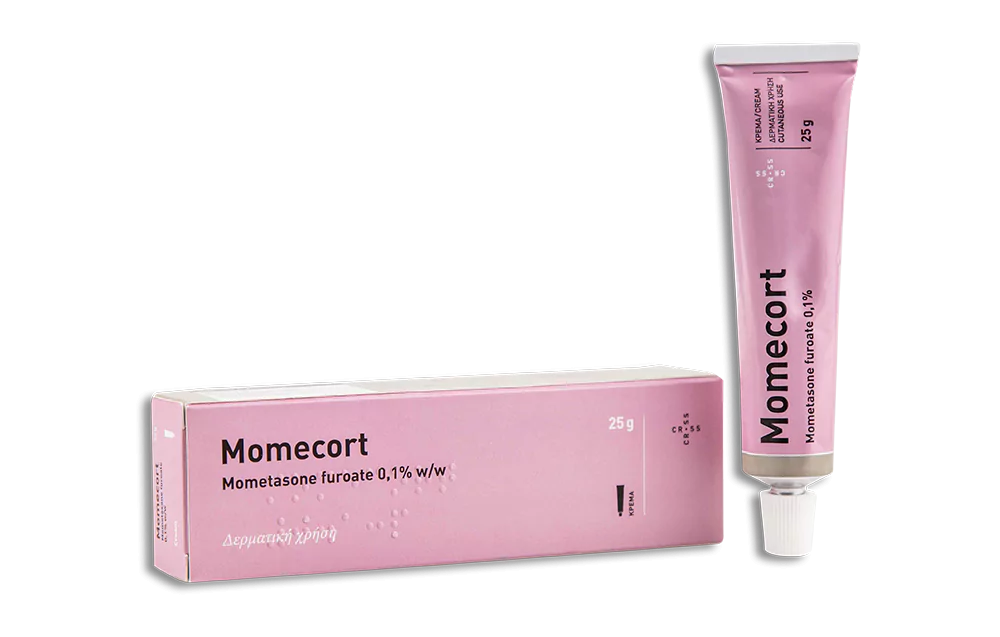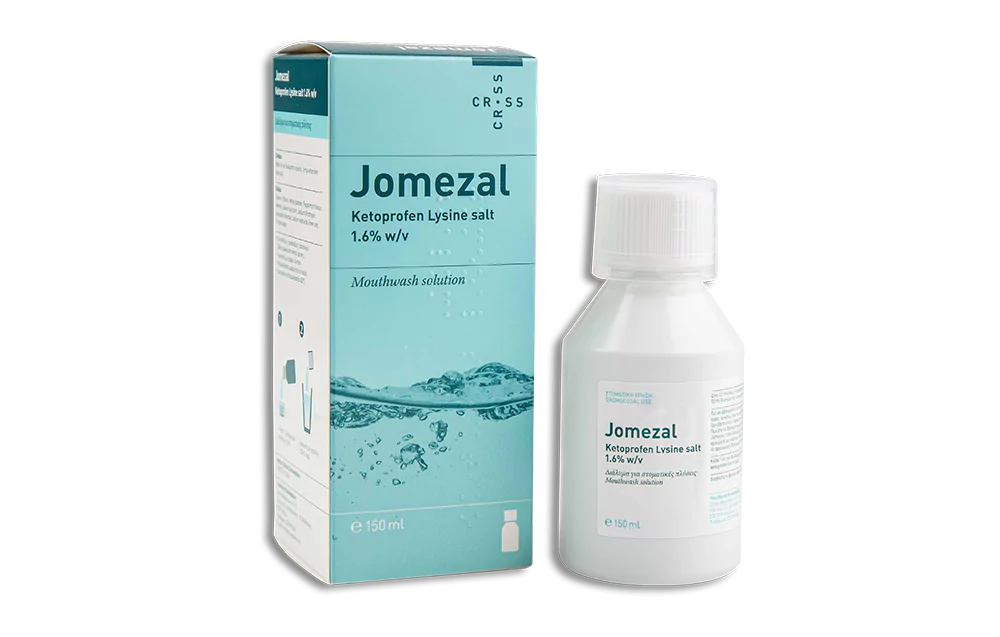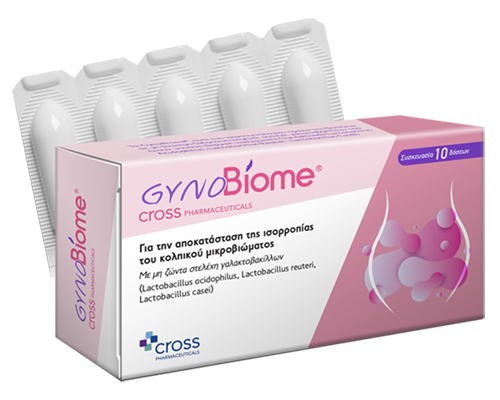Probiotics for constipation?

Constipation is a very common issue that affects adults and children worldwide and can be a chronic issue that needs to be addressed.
There are several ways to treat constipation, such as rescue treatments, laxatives, or probiotics.
Probiotics are live microorganisms, which in sufficient quantities have a variety of health benefits. Probiotics are naturally present in foods that are fermentation products, such as kombucha, kefir, sauerkraut and tempeh. There are also many supplements with live friendly bacteria that provide a variety of benefits, such as LactoBiome. LactoBiome is a dietary supplement with live microorganisms and B vitamins. It is a formula for balancing and restoring the gut microbiome, with 5 billion live friendly bacterial strains.
Probiotics enhance the gut microbiome, the set of beneficial bacteria in the intestinal lumen that regulate inflammation, immune, digestion and cardiovascular health.
Studies1 show that probiotic intake contributes to the health of the gut microbiome, reduces blood sugar levels, contributes to the weight loss process, contributes to good liver and skin health. They also prevent pathogenic bacteria from multiplying in the gut.
But are they also able to help treat constipation?
Studies have been carried out to investigate the relationship between different probiotics and different types of constipation.
Constipation and Irritable Bowel Syndrome (IBS)
IBS is a disorder that causes a range of symptoms, such as stomach pain, bloating and constipation. Probiotics are often used in cases of IBS, including for the treatment of constipation. Studies have shown that the use of probiotics in people with IBS can lead to a reduction in the intensity of symptoms such as bloating and an improvement in bowel motility, both in frequency and consistency2,3.
Childhood Constipation
Childhood constipation is a fairly common phenomenon, which has to do with many factors, such as diet, family history, food allergies and psychological state. Many studies show that the use of probiotics can help to treat childhood constipation by increasing the frequency of stools and the consistency of stools 4,5.
Apart from LactoBiome, which is indicated for children over 3 years of age, there is an Izi solution for the treatment of childhood constipation. Izicol JUNIOR is a medical device with Macrogol (PEG) 3350 in powder form, soluble in water, with a neutral taste, suitable for children’s constipation and stool impaction. It is a selective and targeted moisturising agent, which increases the volume and moisture of the stool, as much as needed to achieve normal emptying.
Pregnancy
38% of pregnant women will experience constipation during pregnancy, which can be caused by nutritional supplements necessary for pregnancy, such as iron, hormonal changes and lifestyle changes.
Research shows that taking probiotics during pregnancy can help to treat constipation. In particular, one study used Bifidobacterium & Lactobacillus species and was able to increase the frequency of bowel movements and reduce constipation symptoms in pregnant women6.
If you are pregnant and need something to relieve constipation, the World Gastroenterology Organization recommends Macrogol (PEG) 3350, which is considered safe for the period of pregnancy, which can be determined in consultation with your gynaecologist. Izicol with Macrogol (PEG) 3350 is your ally against constipation!
Medication
Constipation is a very common side effect of many medications. In addition, 16% of patients undergoing chemotherapy experience terrible constipation. Probiotics can be used adjunctively to reduce the symptoms of constipation7.
How do I choose probiotics?
Choosing the right supplement for you is the most important thing, as not all microorganisms are the same, nor in the same quantity.
The following bacterial strains have been found to be effective in the treatment of constipation 8,9,10.
– Bifidobacterium lactis
– lactobacillus plantarum
– Streptococcus thermophilus
– Lactibacillus reutieri
– Bifidobacterium longum
In any case, try supplementing your diet with foods rich in probiotics, such as kefir, kimchi, kombucha, tempeh, sauerkraut, etc.
Bibliography:
1. https://www.ncbi.nlm.nih.gov/pmc/articles/PMC5622781/
2. https://www.ncbi.nlm.nih.gov/pmc/articles/PMC4356930/
3. https://www.ncbi.nlm.nih.gov/pmc/articles/PMC4993960/
4. https://www.ncbi.nlm.nih.gov/pmc/articles/PMC5408016/
5. https://pubmed.ncbi.nlm.nih.gov/24812563/
6. https://www.ncbi.nlm.nih.gov/pmc/articles/PMC5294450/
7. https://www.ncbi.nlm.nih.gov/pmc/articles/PMC4034292/
8. https://pubmed.ncbi.nlm.nih.gov/25099542/
9. https://pubmed.ncbi.nlm.nih.gov/29876777/ 10. https://www.ncbi.nlm.nih.gov/pmc/articles/PMC5563334/



